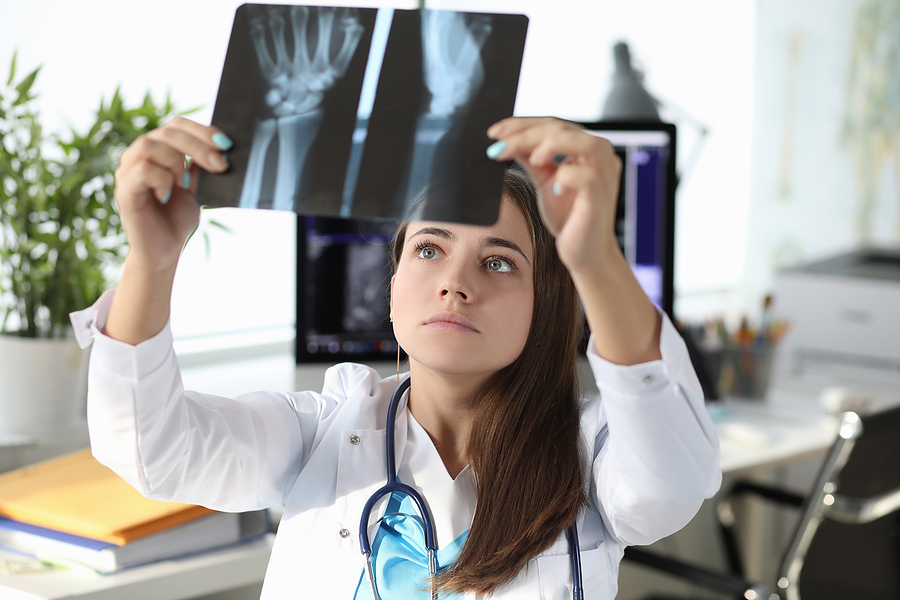Rheumatoid arthritis (RA), a chronic autoimmune disorder affecting joints, remains a puzzle for medical researchers seeking to comprehend its intricate origins. Recent investigations have turned the spotlight toward an unexpected player in the development of RA – bacteria.
The human microbiome, particularly the microbial communities residing in the gut, is emerging as a focal point in understanding how genetics and environmental factors contribute to RA onset. In this article, we’ll explore what the research tells us so far, and what this means for RA patients.
A Brief Intro to RA: Symptoms, Causes, and Treatments
RA affects millions of people worldwide. Characterized by chronic inflammation of the joints, RA not only leads to pain and swelling but can also result in long-term damage and disability if left untreated. The hallmark symptoms include joint pain, stiffness, and swelling, often symmetrically affecting both sides of the body.
The causes of RA are complex. While a genetic predisposition may increase the risk, environmental triggers (such as infections or hormonal changes) are thought to contribute to its onset. The synovium, which lines the membranes surrounding the joints, is mistakenly targeted by the immune system, resulting in inflammation and the gradual deterioration of cartilage and bone.
Treatment approaches for RA aim to manage symptoms, slow down the progression of the disease, and reduce pain. Common treatments include nonsteroidal anti-inflammatory drugs (NSAIDs), disease-modifying antirheumatic drugs (DMARDs), and, in severe cases, biologics.
Recent Research: Bacteria and RA Development
For a long time, researchers have suspected that bacteria play a role in the development of RA, but it’s been difficult to find any specific microbes. Now, there’s new research on several different fronts that’s identified some of the bacteria that could be responsible for RA, and the mechanisms through which they act. Here’s what we know so far.
How do Bacteria Drive RA Development?
Research published in 2022 identified a strain of Subdoligranulum bacteria thought to drive RA development. When researchers studied people at risk of RA, they found that their immune systems were already familiar with this bacteria. And, when mice were given this microbe, they developed a condition similar to RA.
Another group of scientists found a link between a group of bacteria commonly living in the gut and RA onset. The bacteria, Eggerthella lenta, can trigger an immune response against our own tissues and cells, which is what causes RA to develop.
While these are some of the most recent findings, other research has identified different bacteria that may play a role, and there are likely other strains yet to be identified. We don’t yet know exactly how the link between RA and bacteria works, or why certain bacteria trigger immune responses against an individual’s own cells and tissues.
What Does This Link Mean for RA Patients?
Although it’s still early days, this research is an important step forward for RA patients. In both recent studies mentioned above, the risk factors were identified before clinical symptoms of RA developed. By improving our understanding of what puts a patient at risk of RA, we can start treatments earlier, take proactive action, and hopefully slow down the onset and progression of RA.
Develop Your RA Treatment Plan With Our Specialists
Whether you’re having a flare-up or looking for some strategies to manage your RA symptoms, don’t hesitate to call us today. Our board-certified rheumatologist has over a decade of experience in the diagnosis and treatment of RA, and can work with you to help you find the relief you need from the daily pain of RA.



